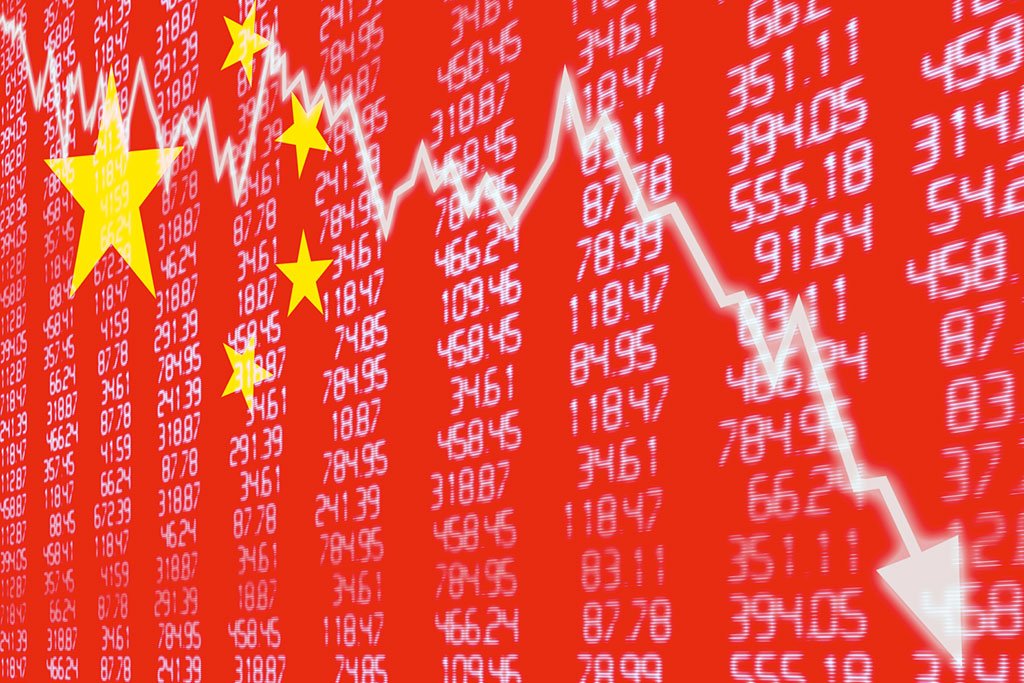If we’re going to try to summarize the past year’s U.S. stock market activity in a single word, “tumultuous” might be the best choice. Despite a healthy dose of strong fundamental data—from earnings growth and employment gains, to consumer spending—volatility has continued to hang over the market like a cloud, due in large part to pervasive fears that an economic slowdown in China may signal another global recession.
BUT, ARE THOSE FEARS TRULY JUSTIFIABLE?
Certainly, China is experiencing a slowdown. But that’s by no means a new or unexpected revelation. Any economy expanding as quickly as China has over the past decade (7–10 percent annual growth) is bound to cool off eventually. Growth of that magnitude may be sustainable when you’re a young, emerging market, but not when you evolve into the world’s second largest economy. Nor should it have to be.
A smaller growth rate derived from a significantly larger gross domestic product (GDP) base can be equally or ever more impressive. In 2004, China’s 10 percent annual growth rate translated into an additional $325 billion of GDP. Today, if China grows at just 5 percent annually, the addition to GDP will actually exceed $515 billion.
The slowdown in China, then, seems much more the natural result of a maturing economy than any other factor—as traditional manufacturing gradually gives way to a burgeoning service economy.
SO, WHY ALL THE FEAR?
Despite its size, the Chinese economy is still relatively young and lacks the kind of transparency we’ve come to expect in the West. And if there’s anything markets almost always react to negatively, it’s uncertainty. So when the Chinese government devalued its currency (the yuan) last summer, and again early this year, a widespread long-term sell-off ensued that has seen the Shanghai index fall 40 percent from last June’s highs. Without a long track record of banking and financial systems oversight, investors understandably developed a case of the jitters.
Yet these fears may be somewhat overblown. While a slowdown in China will certainly curtail the profits of some multinational companies, as well as have an adverse impact on those nations (e.g., Germany and Japan) that export heavily to China, it’s very unlikely to cause the United States to enter a recession.
In economic terms, China is still the new kid on the block—one we haven’t yet fully come to understand.
Just as the 1998 Asian crisis proved temporary, there’s a strong likelihood that this too shall pass, with minimal domestic impact. Despite recent market volatility, the U.S. economy continues to demonstrate considerable strength. Continued low mortgage rates, robust existing home sales, an improving job market (which added over 2.9 million jobs last year) and relatively low energy costs all bode well for a multitude of industries.
The same factors also positively impact household budgets—the principal driver of consumption—which in turn fuel more than 70 percent of domestic GDP. Even the recent weakening of the Chinese currency is both normal and expected, serving as a pressure-release valve that allows a slowing economy to avoid a “hard landing.” Both the euro and the yen have been weakening for several years now; however, few, if any, investors fear a crash of either of those currencies.
The simple fact of the matter is that in economic terms, China is still the new kid on the block—a kid of incredible size and strength, but one we haven’t yet fully come to understand.
We fear what we don’t know, and unfortunately that fear sometimes leads us to overreact in ways that we never would within familiar confines. As China more firmly establishes its footing in the global economy, events like the current slowdown will likely have a diminished impact as fear gives way to trust.
Registered Representative/Securities Offered through Signator Investors, Inc., Member FINRA, SIPC, 2121 Avenue of the Stars, Suite 1600, Los Angeles, CA 90067 310.712.2323. SEIA, LLC and its investment advisory services are offered independent of Signator Investors, Inc. and any subsidiaries or affiliates. The information in this article has been derived from sources believed to be reliable, but no representation is made as to their completeness or accuracy. Investing involves risk and possible loss of principal capital. This information should not be construed as investment advice and is not a solicitation or recommendation for the purchase or sale of any security or investment product. We are not responsible for the consequences of any decisions or actions taken as a result of the information provided herein. SEIA, LLC does not offer tax or legal advice. We recommend consulting with an independent tax advisor or attorney regarding your specific situation.
This article was originally published in the June/July 2016 issue of Worth.
















